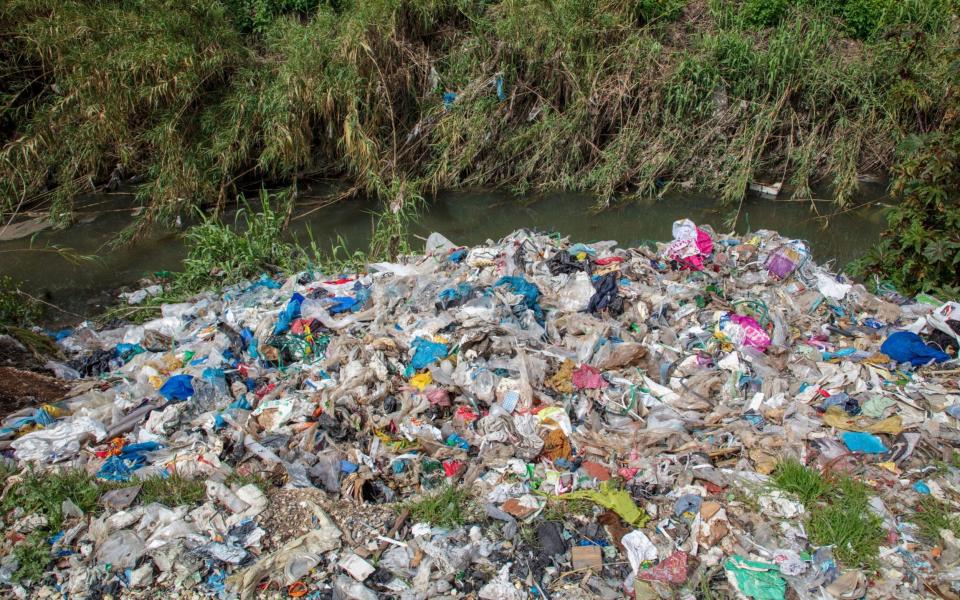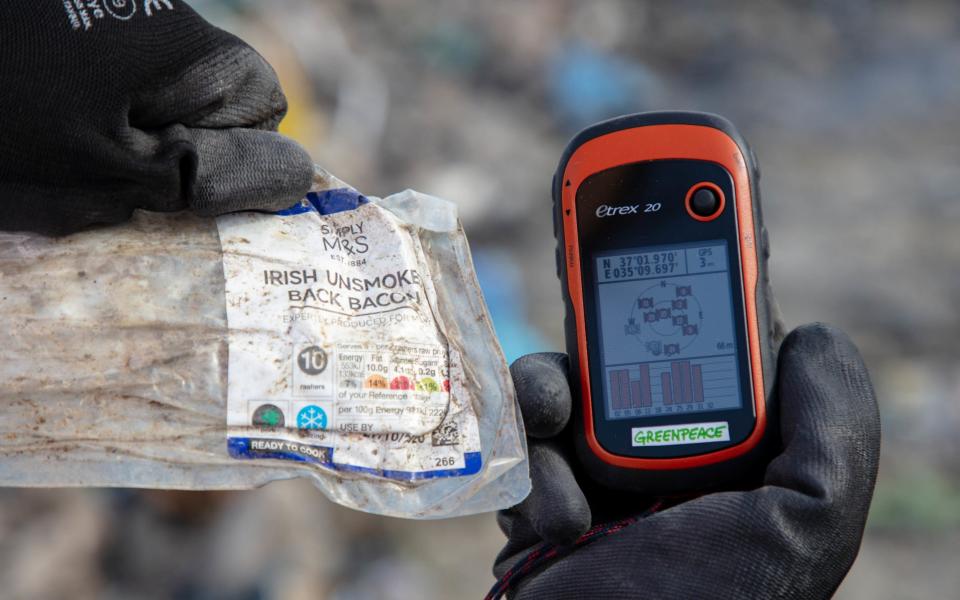Britain banned from sending plastic waste to Turkey

British households should be guaranteed their rubbish is being properly recycled in the UK, campaigners said on Tuesday, as Turkey closed its doors to plastic waste imports.
Waste companies were left scrambling for new destinations to send 40 per cent of the UK’s plastic waste after the Turkish government said it would end all imports within 45 days.
The decision came in the wake of a Greenpeace investigation that found plastic from British supermarkets had been left in landfill or burned on sites in southern Turkey.
"British people who carefully wash and sort their plastic for recycling have rightly been appalled to see UK household waste dumped and burned in Turkey,” said Nina Schrank, senior campaigner at Greenpeace. "UK households should be guaranteed that their waste is being taken care of responsibly, that their recycling is definitely being recycled and that our rubbish isn't harming people or the environment."
The Department for Environment, Food and Rural Affairs said it was working to understand the potential impacts on British waste exports. But industry sources said waste companies would likely turn to other markets in Asia or eastern Europe to dispose of recycling, because there are insufficient British facilities to deal with the quantities.
Britain is among the top four countries for plastic waste per person, and its recycling rates have plateaued at around 45 per cent, despite the Government declaring a “war against plastic pollution”.
The UK exports 688,000 tons of plastic packaging a year to be recycled, compared to 486,000 tons that it processes at home.

Amid a lack of oversight on overseas facilities, British waste has been found dumped or burned in several countries, including Malaysia and Indonesia.
And once recycling is sent overseas, waste companies and plastic producers can declare it to be recycled, regardless of what happens to it when it arrives.
The Government has pledged to ban the export of polluting plastic waste to non-OECD countries, and says businesses are responsible for ensuring rubbish is disposed of properly.
In the current system, which is under review, taxpayers pick up 90 per cent of the costs of processing waste via local authorities, while producers pay the rest.
Experts in Turkey say more than half of the plastic waste that arrives in the country is low-grade waste such as plastic film that cannot be recycled.
“It tends to be the lowest acceptable quality stuff that gets sent abroad,” said a waste industry source. “As long as it ends up somewhere, the waste company gets paid.”
Sending waste overseas will always be risky, Greenpeace said.
“We have to cut single-use plastic in half, ban all plastic waste exports and make producers pay to deal with our waste here,” said Ms Schrank. “We must not dump our plastic waste on any other country anywhere in the world."
She added: “It's astonishing that the Government has allowed this to happen.”

 Yahoo Finance
Yahoo Finance 